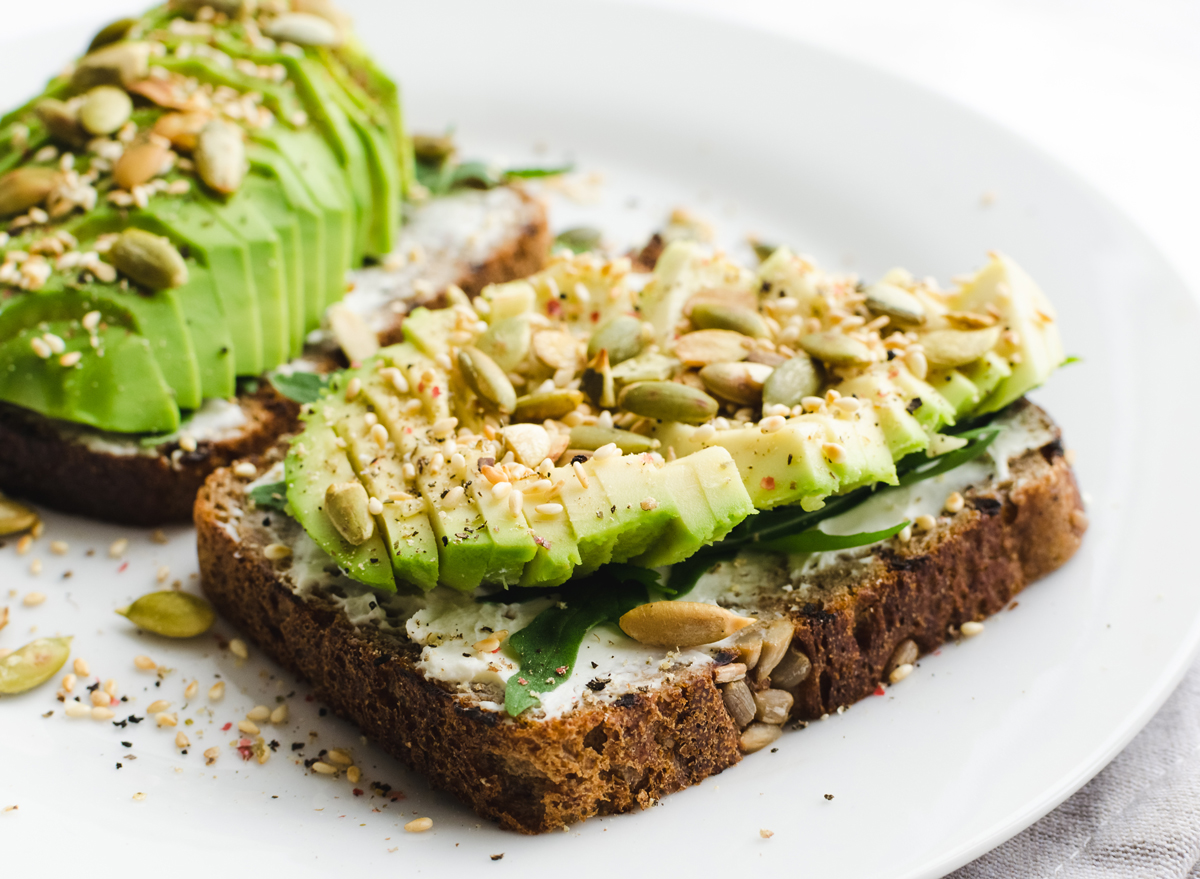Turmeric is a delicious spice used in many types of curry, soups, chilis, meat dishes, and even the trendy golden milk latte. It’s been used for thousands of years in places like India, West Africa, and Jamaica, and it’s also a staple in many Chinese medicine practices to help with inflammation, blood health, and more. While various cultures have been finding ways to capitalize on the health benefits of this spice for centuries, turmeric only made its way into Westernized practices relatively recently. And although the FDA has recognized turmeric and turmeric supplements as “generally safe,” a recent report claims that this spice may have potentially damaging effects on liver health.
In addition to cooking, turmeric has traditionally been used in a wellness context as a means to combat inflammation and is believed to have antioxidant properties, hence the popularity of golden milk lattes and turmeric supplements. But aside from the pesky experience of having yellow-stained hands, there hasn’t been much talk about any negative side effects of ingesting turmeric—until recently.
About the study
Published by the American Journal of Medicine in October ’22, researchers assessed the correlation between turmeric intake and the potential for liver damage within those enrolled in the U.S. Drug-Induced Liver Injury Network (DILIN).
According to the study, researchers found a total of 16 cases of turmeric-associated liver injuries among those enrolled in the DILIN program between 2011–2022. The extent of these injuries reportedly ranged from more moderate to severe, resulting in five hospitalizations and even one death due to acute liver damage. Further chemical analysis confirmed that three of these patient also consumed turmeric in conjunction with black pepper, an ingredient that many experts suggest taking with turmeric since it helps the body digest it more effectively.6254a4d1642c605c54bf1cab17d50f1e
While the findings of this study are significant, the low amount of reported liver across that 10-year period suggests that perhaps more research is needed. It’s clear that there’s a need to investigate the reasoning behind why turmeric may be the catalyst to such health complications.














